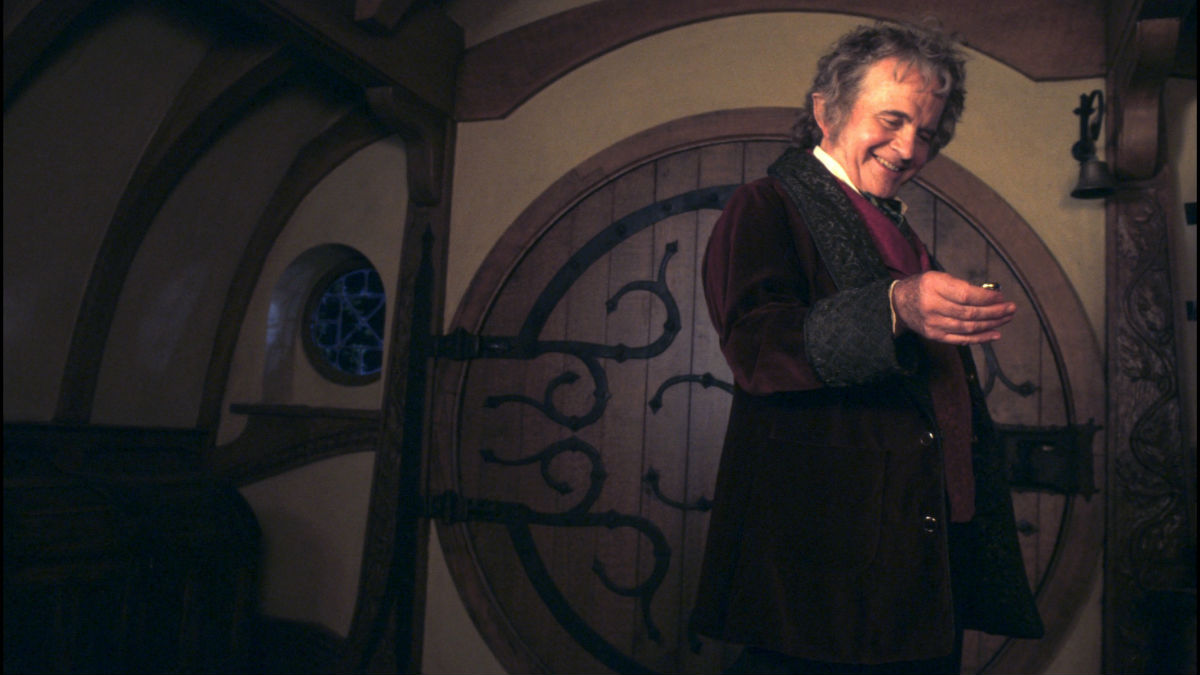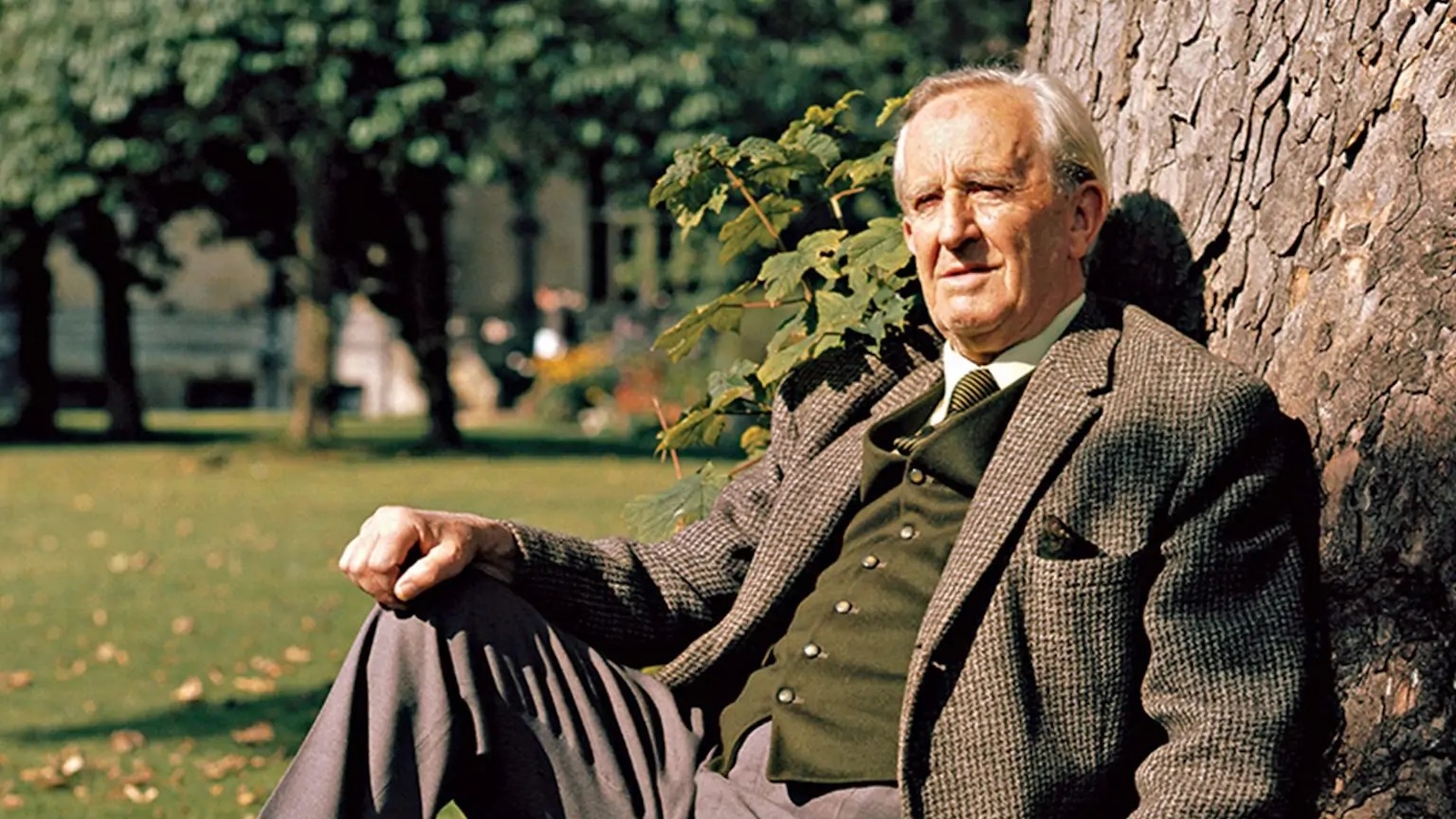
The Road Goes Ever On: What’s Next for Tolkien’s Middle-Earth?
It’s the end of an era. Christopher Tolkien, the son of renowned fantasy author J.R.R. Tolkien, has announced at the age of 93 that he is resigning his position as literary executor of his father’s estate. What does this mean for fans of “The Hobbit” and “The Lord of the Rings”?
I’m a major Tolkien fan. Some might even accuse me of being a nerd, but we all have our cross to bear, and I’ll try to soldier on.
A long attention span and obsessive attention to detail must run in the Tolkien family. Coincidentally in light of this news, I just finished reading the monumental ten-volume series that composed much of Christopher Tolkien’s life’s work, an annotated collection of almost every word his father wrote about the history and mythology of the world he created, Middle-earth. It represents decades of meticulous scholarship and is a godsend to any serious Tolkien fan that nearly rivals the original work for dedication and patience.
As far as I’m concerned, the elder Tolkien’s work remains unequaled in the realm not only of fantasy, but in literature in general, for the sheer scope of world-building he engaged in. Over the course of six decades, he invented multiples languages, derived an entire mythology complete with creation myths and heroic sagas, composed epic poems chronicling these events, and of course penned the narrative we’re all familiar with concerning some hobbits and a magic ring.
It’s astonishing how much material there really is. My edition of “The Lord of the Rings” runs about 1,200 pages. Add “The Hobbit,” and you get another 300 or so that Peter Jackson managed to stretch into nine excruciating hours of needless film. But the six films that have so far been made only scratch the surface of the world of Middle-earth, and there is a huge number of untold stories buried in the depths of Tolkien’s posthumously published writings.
There’s the story of Beren and Luthien, the tale of the children of Hurin, the story of Feanor and the Silmarils, the tale of how Melkor rebelled against Eru Iluvatar and sought to bring death and chaos to Middle-earth, as well as his chilling and short-lived partnership with the terrifying spider-demon Ungoliant. There’s the story of the drowning of Numenor and the first overthrow of Sauron, before he returned in the Third Age. And what of the two mysterious blue wizards who disappeared into the East, never to be heard from again? In short, there are thousands of pages of untapped narrative from the mind of the man who created one of the most popular stories in history.
Now, I’m not saying that all these tales would be suitable for film adaptation. Many of them certainly would not. But this brings us back to the original point: What does Christopher Tolkien’s resignation mean for Tolkien fans everywhere? It probably means a lot more adaptations based on the world of Middle-earth. Some will be drawn directly from the source material. Some will be invented anew by young writers. Just as the mantle of Sherlock Holmes was taken up by others after the death of Arthur Conan Doyle, including the excellent and wildly inventive BBC series, there will likely be new stories about Aragorn, Galadriel, Elrond, Isildur, and maybe even some of the hobbits descended from Sam, Merry, and Pippin.
To purists, this may sound like heresy, and I do not pretend that the prospect of new Middle-earth stories penned by less skillful hands doesn’t give me pause, but in the end, we’re always free to disregard anything that feels out of place or unfaithful to the original material. I welcome more content from a universe I have grown up with and still deeply love, and if it serves as a new way to introduce children to the originals, so much the better. I’m very much a believer in more content, competition, and experimentation, in place of the jealous guarding of treasured works that so many otherwise brilliant creators are guilty of.
Part of me is sad to see Christopher Tolkien step down. He is owed tremendous respect and eternal gratitude for the work he has done over the years. Any passing of the torch is bound to be bittersweet, but I am optimistic for new and great things to come in the future. As I write this, Amazon is preparing a new television series based on “The Lord of the Rings,” and this could be the first entry into a brave new world of Tolkien adaptations. Will it be any good? In the words of Gandalf, even the very wise cannot see all ends.
This article originally appeared on Conservative Review.
Free the People publishes opinion-based articles from contributing writers. The opinions and ideas expressed do not always reflect the opinions and ideas that Free the People endorses. We believe in free speech, and in providing a platform for open dialogue. Feel free to leave a comment.

